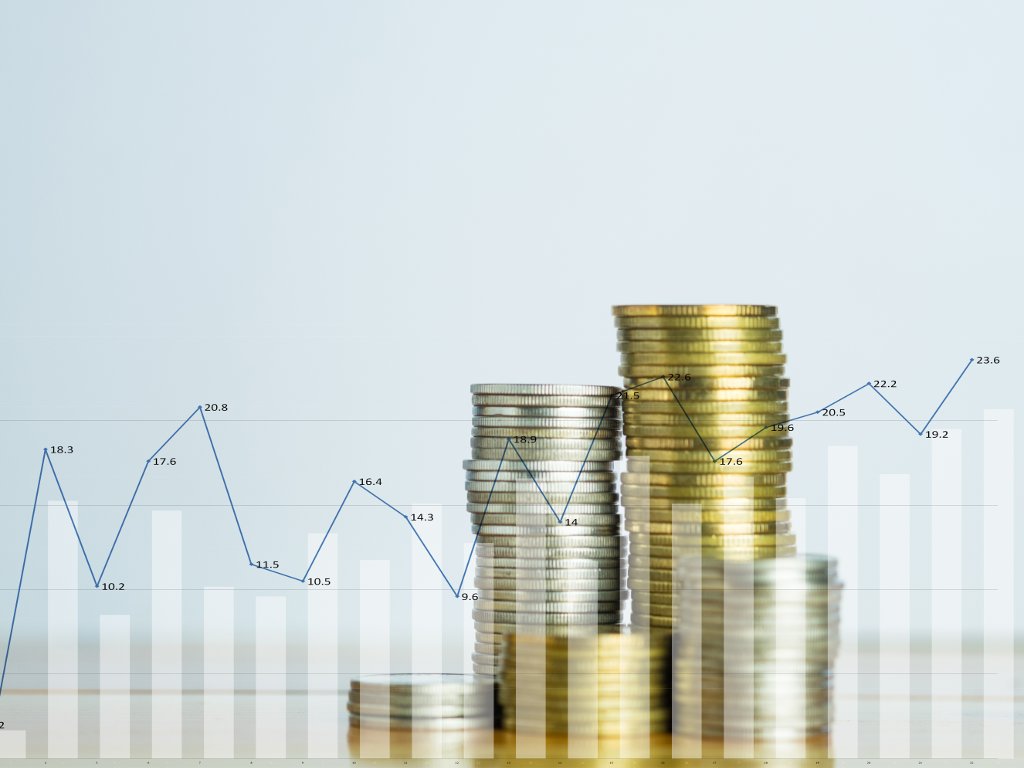EBRD: Serbia's economy below EU standards
Source: Beta
 Monday, 22.01.2018.
Monday, 22.01.2018.
 08:46
08:46
 Monday, 22.01.2018.
Monday, 22.01.2018.
 08:46
08:46
(Photo: Tony Stock/shutterstock.com)

The largest gaps relate to the competitive, well-governed and resilient qualities, wheres the gap relating to the qualities of integration, green economy and inclusion is slightly smaller, it is said in the report “Serbia Diagnostics: Assessing Progress and Challenges in Developing a Sustainable Market Economy (2017)”.
Serbia rates 4.94 in the quality of competitiveness, with 1 meaning little or no progress and 10 representing the global frontier.
The competitiveness of the Serbian economy is comparable to other Western Balkans countries and lags behind EU standards, the EBRD assesses and adds that, despite being among the top ten reformers in the World Bank Ease of Doing Business report in 2016, many structural issues remain to be addressed.
The economy is still severely constrained by weak institutions, an inefficient public sector, high corporate indebtedness and skills mismatches.
Serbia performs poorly on many aspects of public governance (4.39). The country scores particularly low in the area of property rights protection, government effectiveness, and regulatory burden.
The EBRD points out that there is insufficient transparency on the state’s subsidy policy and on government policymaking in general, as evidenced by the practice of important laws being approved by emergency procedure, without proper consultations with interested parties. Secondary legislation is usually adopted with delays. Businesses bear a costly administrative and financial burden of numerous fiscal and para-fiscal charges at both state and local government level.
Regarding the quality of resilience (5.55), the Serbian economy has undergone various internal and external shocks in recent years, which have slowed down economic convergence considerably.
Macroeconomic stability has improved, however, thanks to the recent fiscal consolidation and narrowing of external imbalances.
As said, the economy is increasingly open to trade and relatively diversified, but dependent on the performance of its main trading partner, the euro area. Since the global crisis, export growth has outpaced imports, supporting the recovery. Financial stability has been preserved throughout the past decade, but NPLs and corporate indebtedness have reached a high level, even by regional standards.
Serbia rates 6.39 in integration, 5.77 in green economy and 5.16 in inclusion. The EBRD says that the promotion of cross-border integration is at the heart of long-term economic development in Serbia and the rest of the Western Balkans.
It is also pointed out that youth inactivity and skills mismatches and gender inequality constitute major inclusion challenges in Serbia.
When it comes to green economy, energy and carbon intensity in Serbia is high as a consequence of intensive use of coal in electricity production and heating, outdated energy infrastructure, high energy losses in transformation, transmission and distribution, and low energy efficiency among end-users.
The EBRD says that despite the poor air quality, the country’s Energy Strategy envisages the construction of a further 700 MW of coal-fired thermal energy units by 2025.
The report adds that Serbia has considerable potential for further private sector development, contributing to sustainable economic convergence. The private sector accounts for around 70 per cent of total employment and its profitability is low compared to central and south-east European (CESEE) peers.
It is pointed out that private sector productivity growth is the most important driver of long-term economic growth as the working-age population is expected to shrink in the medium-term.
The EBRD also says that more efficient state-owned enterprises (SOEs) can also support private sector development.
Tags:
European Bank for Reconstruction and Development
EBRD
economy of Serbia
competitiveness in Serbia
competitiveness of Serbian economy
Doing Business list of the World Bank
resilience of economy of Serbia
green economy of Serbia
Comments
Your comment
Most Important News
Full information is available only to commercial users-subscribers and it is necessary to log in.
Follow the news, tenders, grants, legal regulations and reports on our portal.
Registracija na eKapiji vam omogućava pristup potpunim informacijama i dnevnom biltenu
Naš dnevni ekonomski bilten će stizati na vašu mejl adresu krajem svakog radnog dana. Bilteni su personalizovani prema interesovanjima svakog korisnika zasebno,
uz konsultacije sa našim ekspertima.


 Izdanje Srbija
Izdanje Srbija Serbische Ausgabe
Serbische Ausgabe Izdanje BiH
Izdanje BiH Izdanje Crna Gora
Izdanje Crna Gora


 News
News







